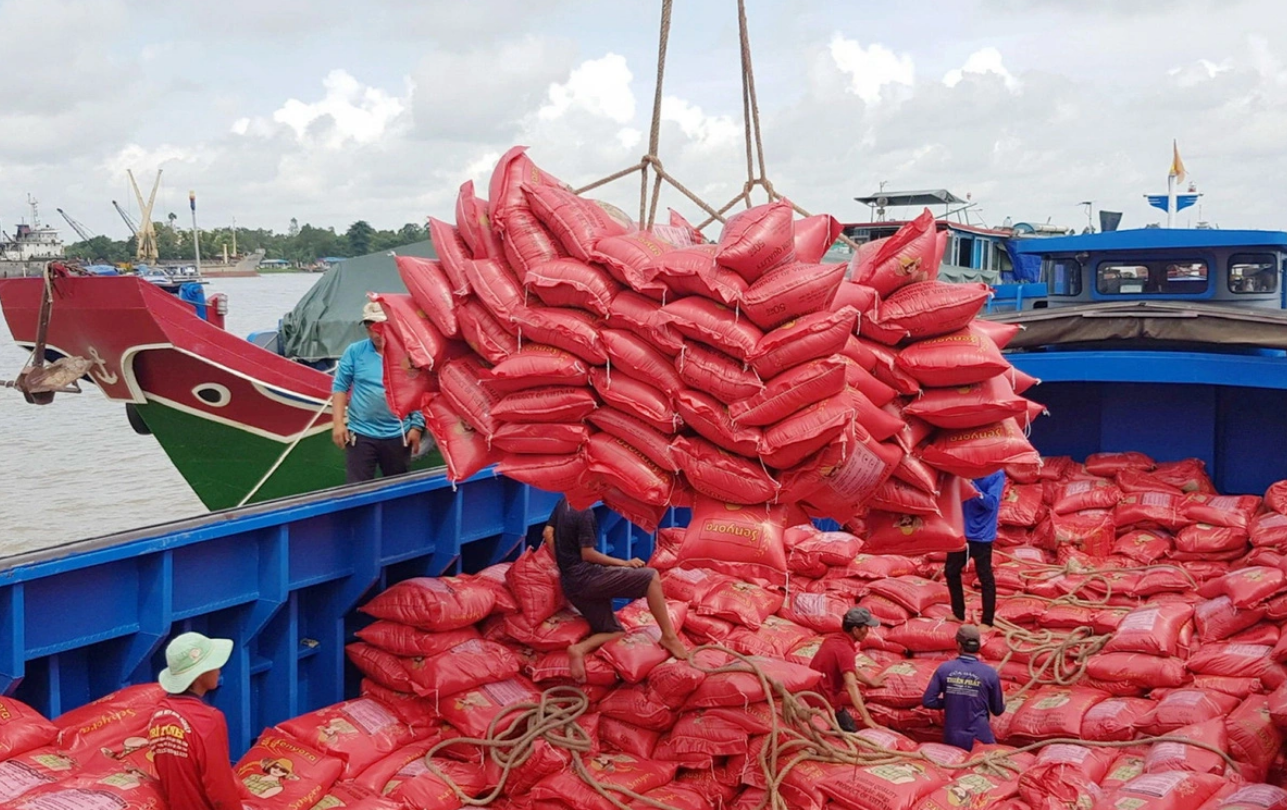The United States overtook China as the largest importer of Vietnam’s agro-forestry-fishery products between January and November, heard an export promotion conference held in Ho Chi Minh City on Monday.
The U.S. accounted for 21.7 percent of Vietnam’s total agro-forestry-fishery exports during the 11-month period, followed by China (21.6 percent) and Japan (6.6 percent).
Speaking at the event held by the Ministry of Agriculture and Rural Development, Nguyen Anh Phong, deputy head of the Institute of Policy and Strategy for Agricultural and Rural Development, said that Vietnam has made impressive strides in agriculture, both in production and exports, in 2024.
Eleven items posted export revenues of over US$1 billion each, with seven of them fetching more than $3 billion each.
Many products recorded double-digit export growth such as coffee (56.9 percent), pepper (53.3 percent), rubber (24.6 percent), and rice (10.6 percent).
Although the U.S. has become Vietnam’s largest buyer, the country is expected to face challenges in tapping into this selective market because of increasingly stringent trade protectionism and growing demands for sustainability and green standards.
As for the cooperation with China, Phong pinpointed several impressive achievements.
This year, Vietnam signed protocols and completed procedures needed for exporting frozen durians, fresh coconuts, and other agro-aquatic products to China.
In addition, multiple Vietnamese agricultural products have been sold on China’s major e-commerce platforms such as TikTok, Taobao, JD.com, and Xiaohongshu for the first time.
Phong forecast that the demand for vegetables and seafood in China would increase sharply from now until 2029.
Economic relations between Vietnam and China have been promoted thanks to the Regional Comprehensive Economic Partnership (RCEP) and the ASEAN-China Free Trade Area agreements.
However, Nong Duc Lai, trade counselor at the Vietnamese Embassy in China, said that Vietnam is among 10 nations with the highest number of products put on China’s list of warnings, mainly over excessive additives, mold contamination, bacteria, and unsuitable labeling.
Chinese customers pay more attention to the quality and origin of products, so Vietnamese firms should strictly follow international standards and improve their goods management and origin traceability systems.
In 2024, Vietnam’s agro-forestry-fishery export value was estimated to top $62 billion, up 18 percent year on year and well above the full-year target of $55-56 billion, according to the Ministry of Agriculture and Rural Development.
The country is expected to enjoy a record trade surplus of nearly $19 billion this year, a year-on-year surge of 53 percent.
Like us on Facebook or follow us on X to get the latest news about Vietnam!




















































